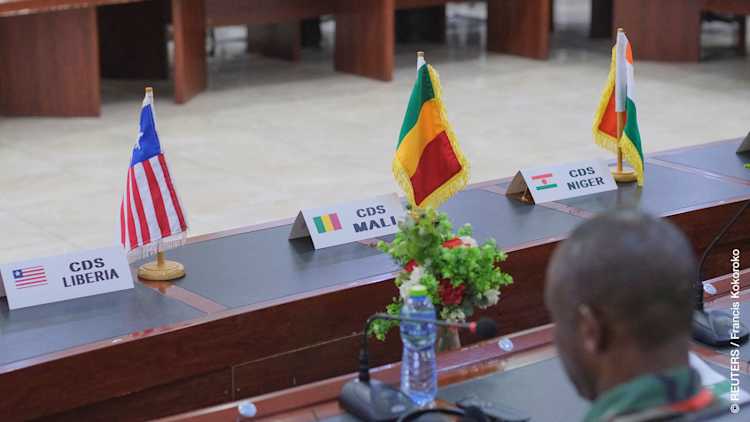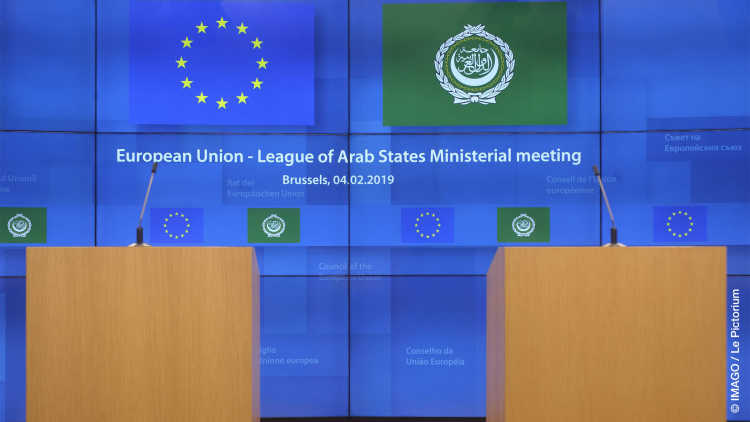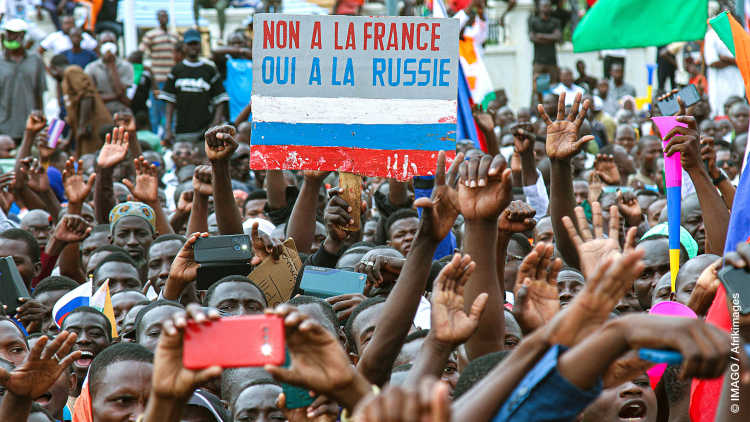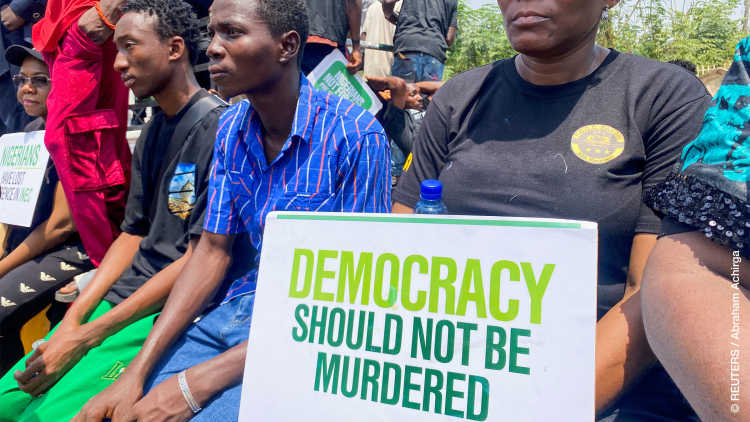- Home
- Publications
- GIGA Focus
- Tunesiens Präsident Kais Saied: vom Hoffnungsträger zum Autokraten
GIGA Focus Middle East
Tunisia’s Autocratisation under President Kais Saied
Number 4 | 2023 | ISSN: 1862-3611

Tunisia developed into the only consolidated Arab democracy after the Arab uprisings, but has since experienced autocratisation under President Kais Saied. Saied was first elected in 2019 as an alternative to established forces. Without a power base of his own, he ran on a law-and-order and anti-corruption programme. In July 2021, however, he staged a coup and attacked all political institutions.
Saied was elected by marginalised and disillusioned segments of the population, after the governments of the previous decade had failed to deliver on social and economic progress. He promised a new beginning for economic policy as well as a determined fight against corruption.
Saied’s main interest is to destroy existing centres of power. This policy is flanked by repression against politicians of the Ennahda party, journalists, lawyers, judges, and activists. It can be questioned whether marginalised groups will profit from the current elite changes.
The swift autocratisation of Tunisian institutions is accompanied by populist narratives. In February 2023, the president singled out sub-Saharan African migrants as scapegoats and unleashed a racist wave of repression against them.
Some political parties and civil society organisations have protested the ongoing autocratisation, but they are divided both internally and between themselves. This is a result of the successful social polarisation promoted by the president.
Policy Implications
European partners should insist on the reintroduction of democratic principles and support pro-democracy activists. External forces would be well-advised to support initiatives promoting alternative models of social and economic development in Tunisia. Such local debates must be taken seriously if optimal solutions for Tunisia, as a partner approached on equal footing, are to succeed.
Footnotes
Editor GIGA Focus Middle East
Editorial Department GIGA Focus Middle East
Regional Institutes
Research Programmes
How to cite this article
Thyen, Kressen, and Maria Josua (2023), Tunisia’s Autocratisation under President Kais Saied, GIGA Focus Middle East, 4, Hamburg: German Institute for Global and Area Studies (GIGA), https://doi.org/10.57671/gfme-23041
Imprint
The GIGA Focus is an Open Access publication and can be read on the Internet and downloaded free of charge at www.giga-hamburg.de/en/publications/giga-focus. According to the conditions of the Creative-Commons license Attribution-No Derivative Works 3.0, this publication may be freely duplicated, circulated, and made accessible to the public. The particular conditions include the correct indication of the initial publication as GIGA Focus and no changes in or abbreviation of texts.
The German Institute for Global and Area Studies (GIGA) – Leibniz-Institut für Globale und Regionale Studien in Hamburg publishes the Focus series on Africa, Asia, Latin America, the Middle East and global issues. The GIGA Focus is edited and published by the GIGA. The views and opinions expressed are solely those of the authors and do not necessarily reflect those of the institute. Authors alone are responsible for the content of their articles. GIGA and the authors cannot be held liable for any errors and omissions, or for any consequences arising from the use of the information provided.





























